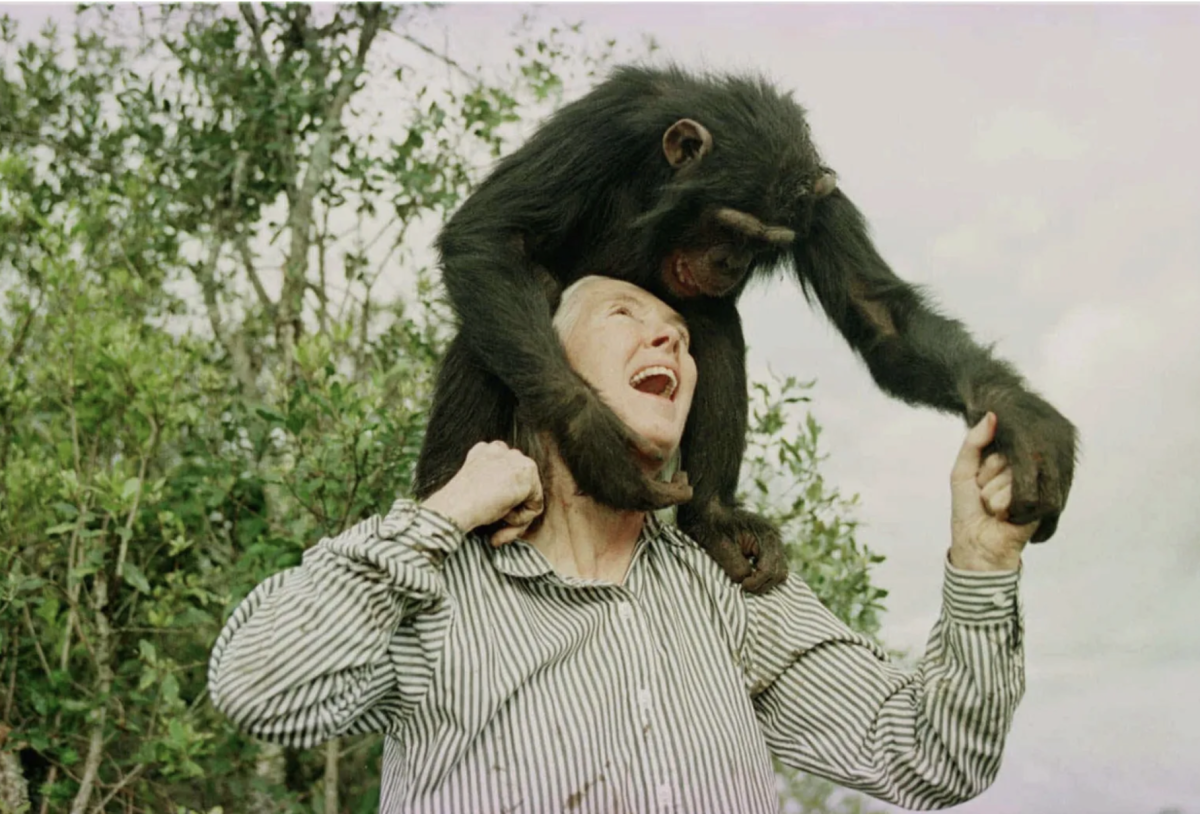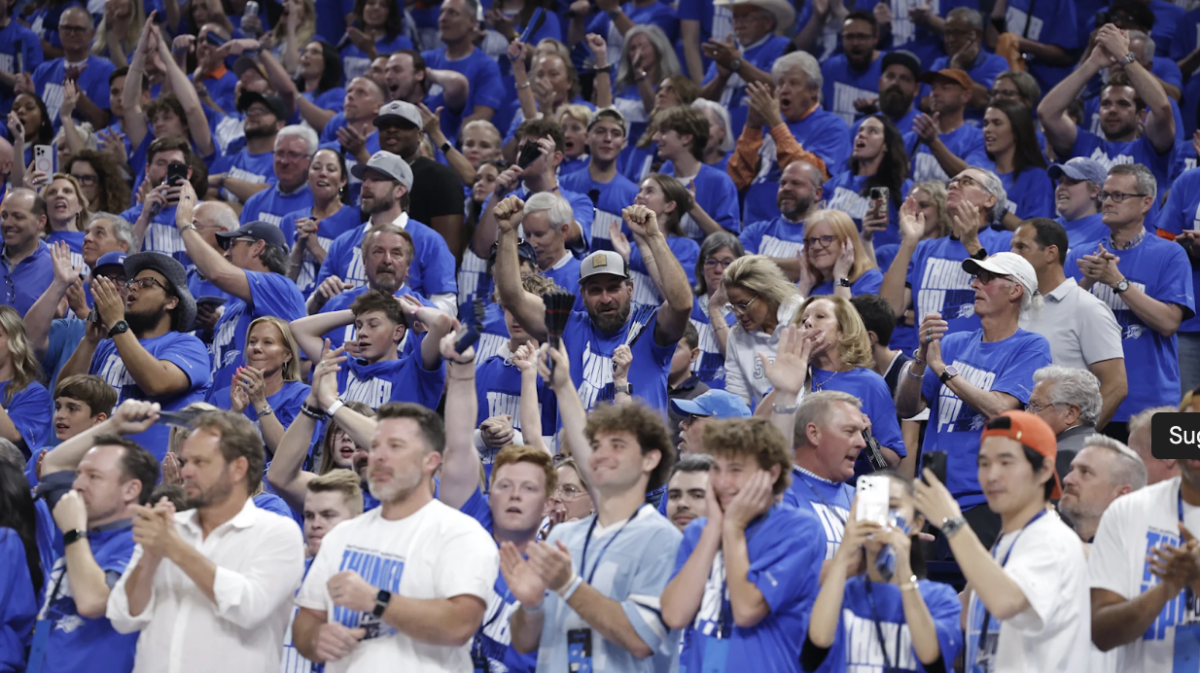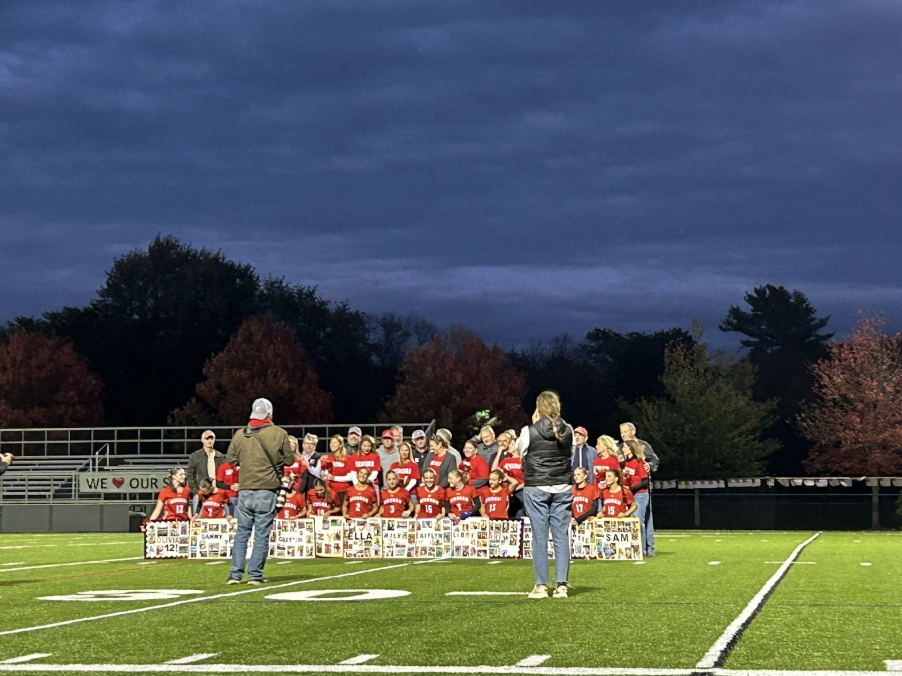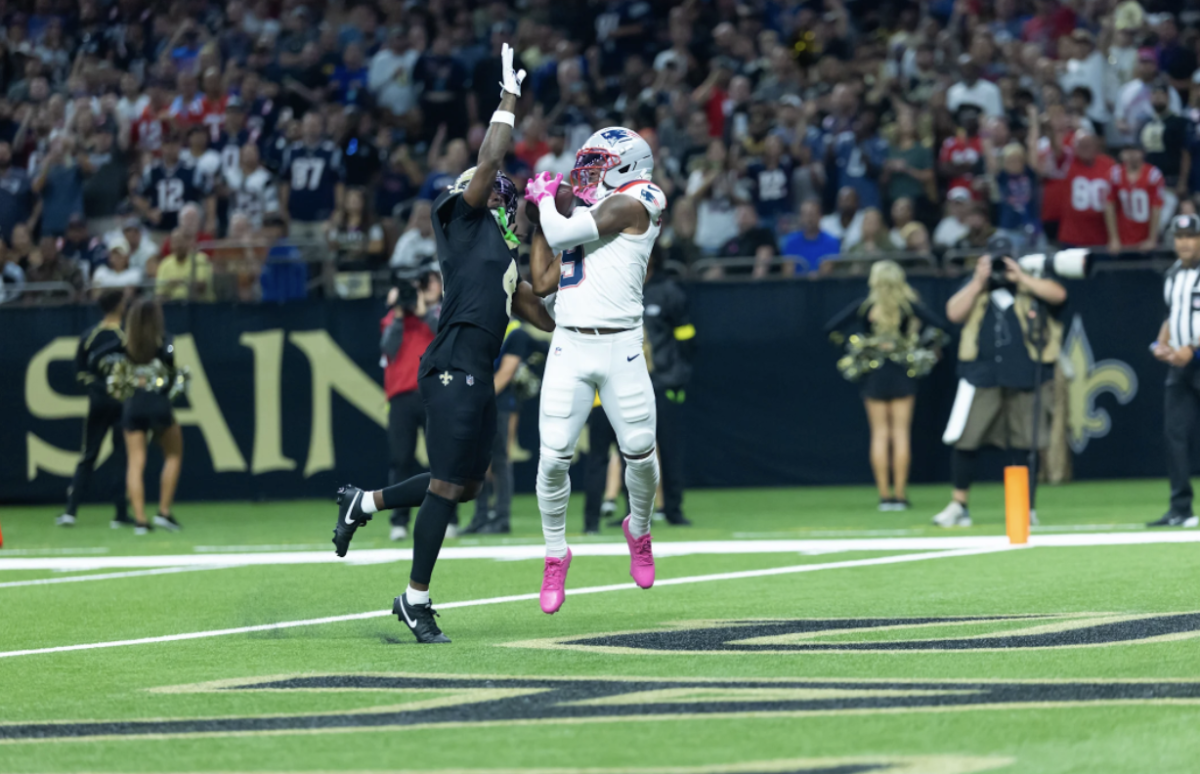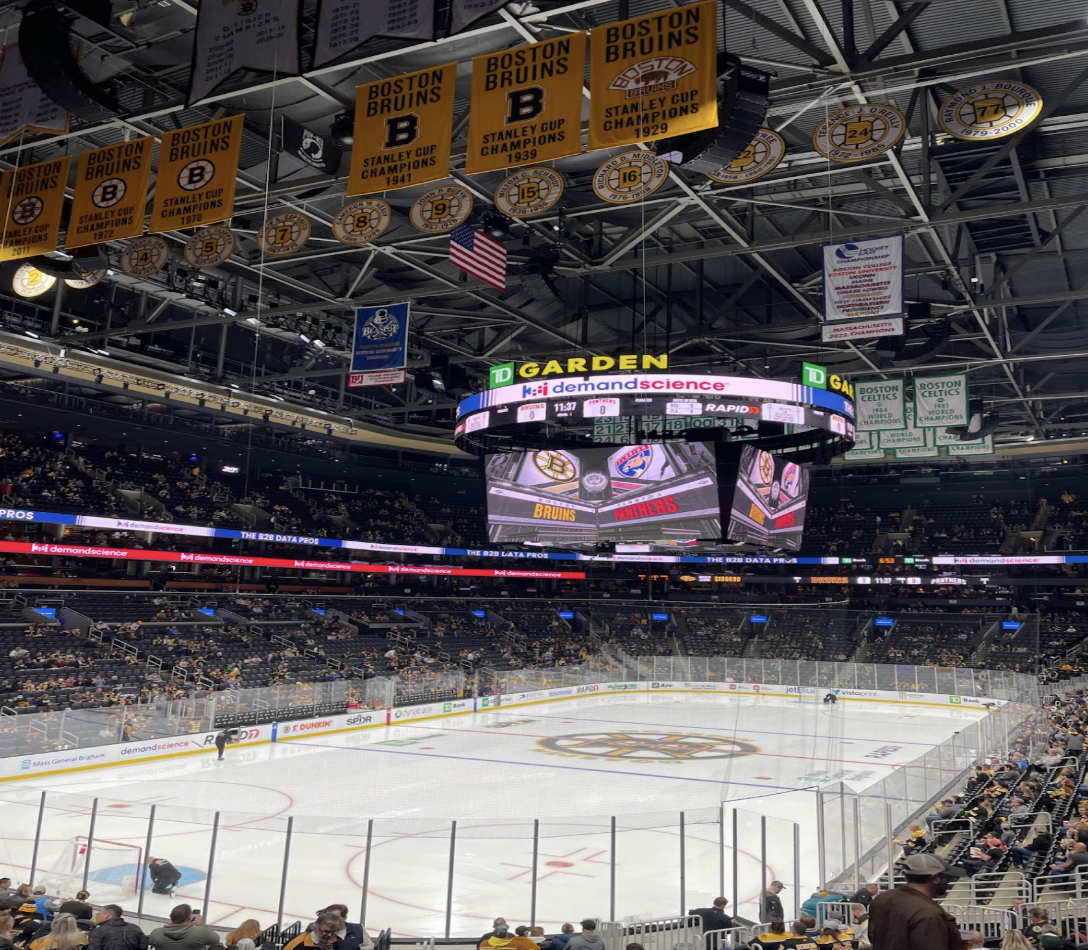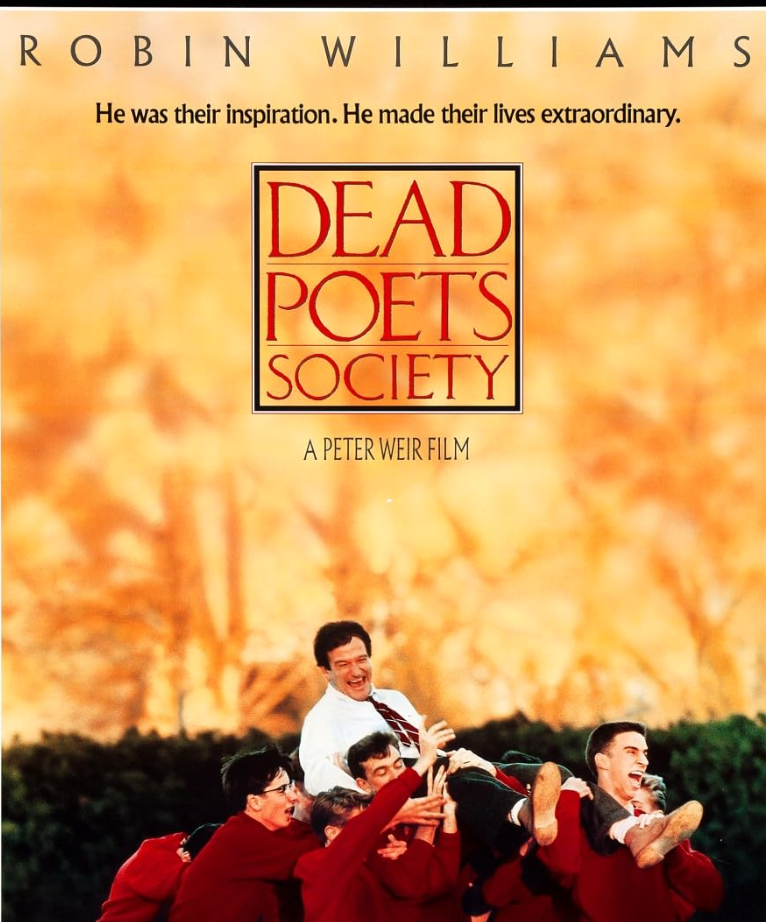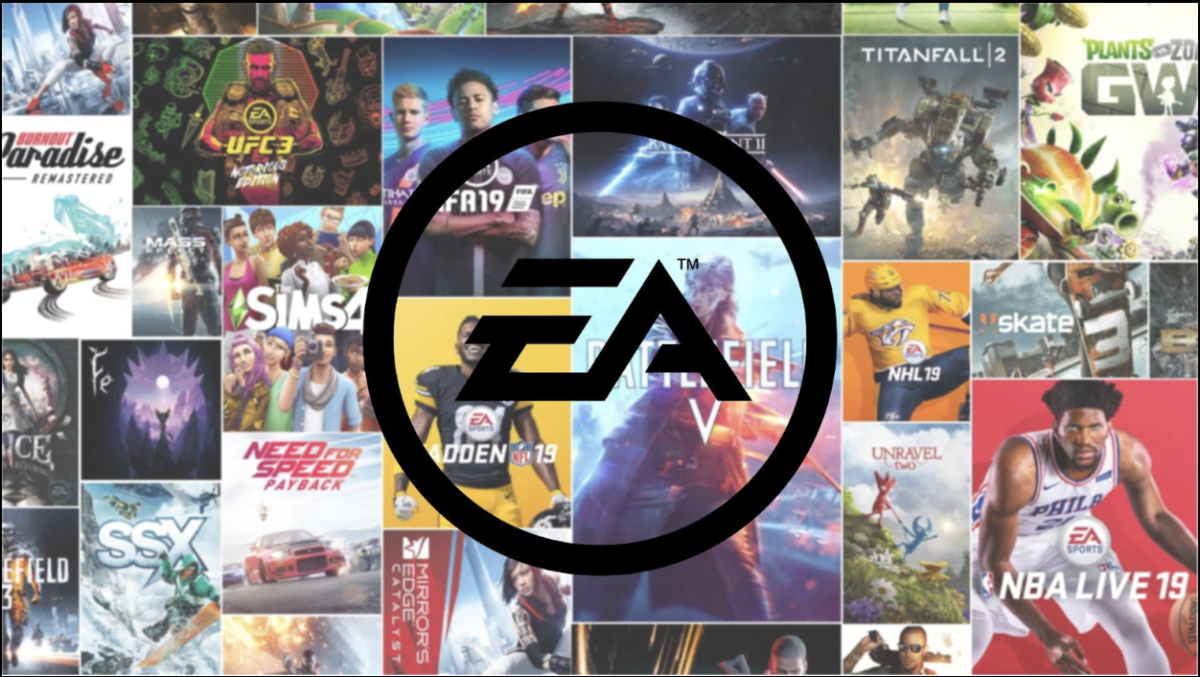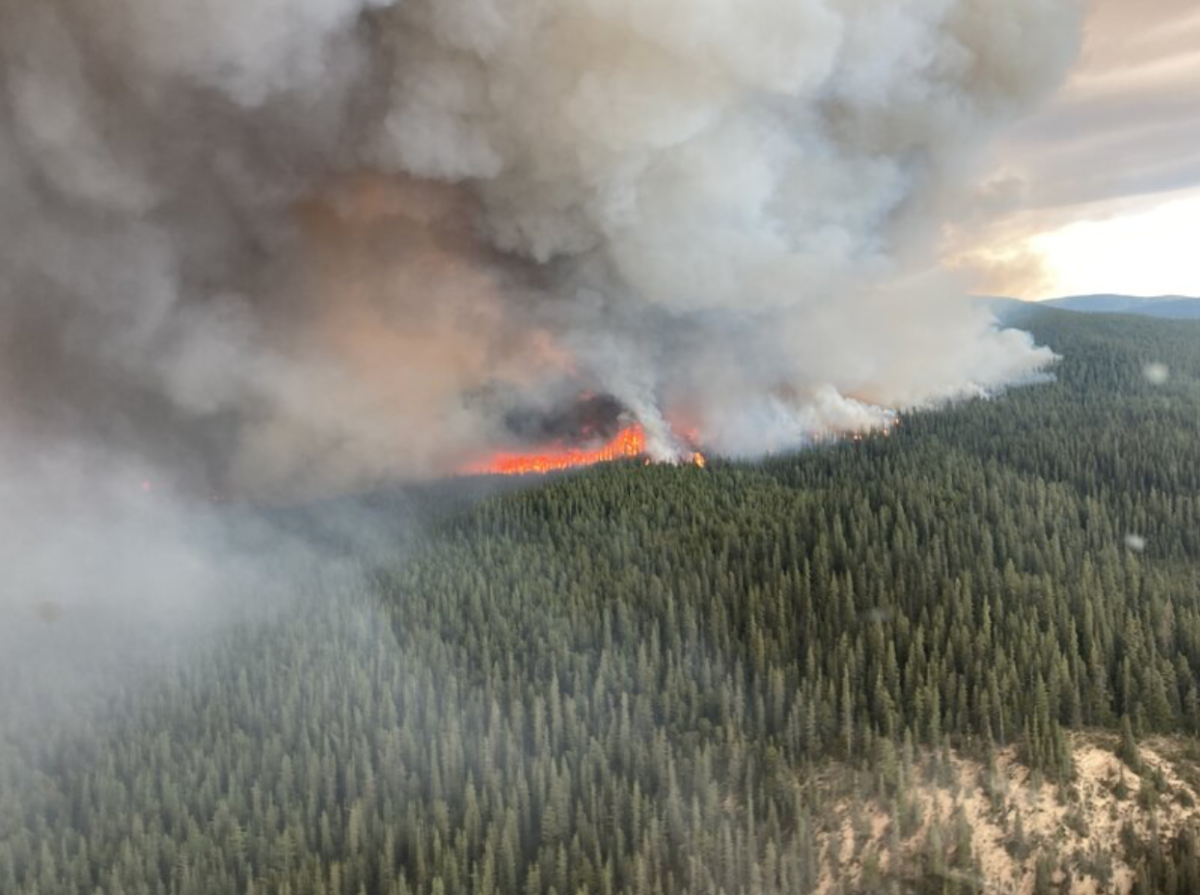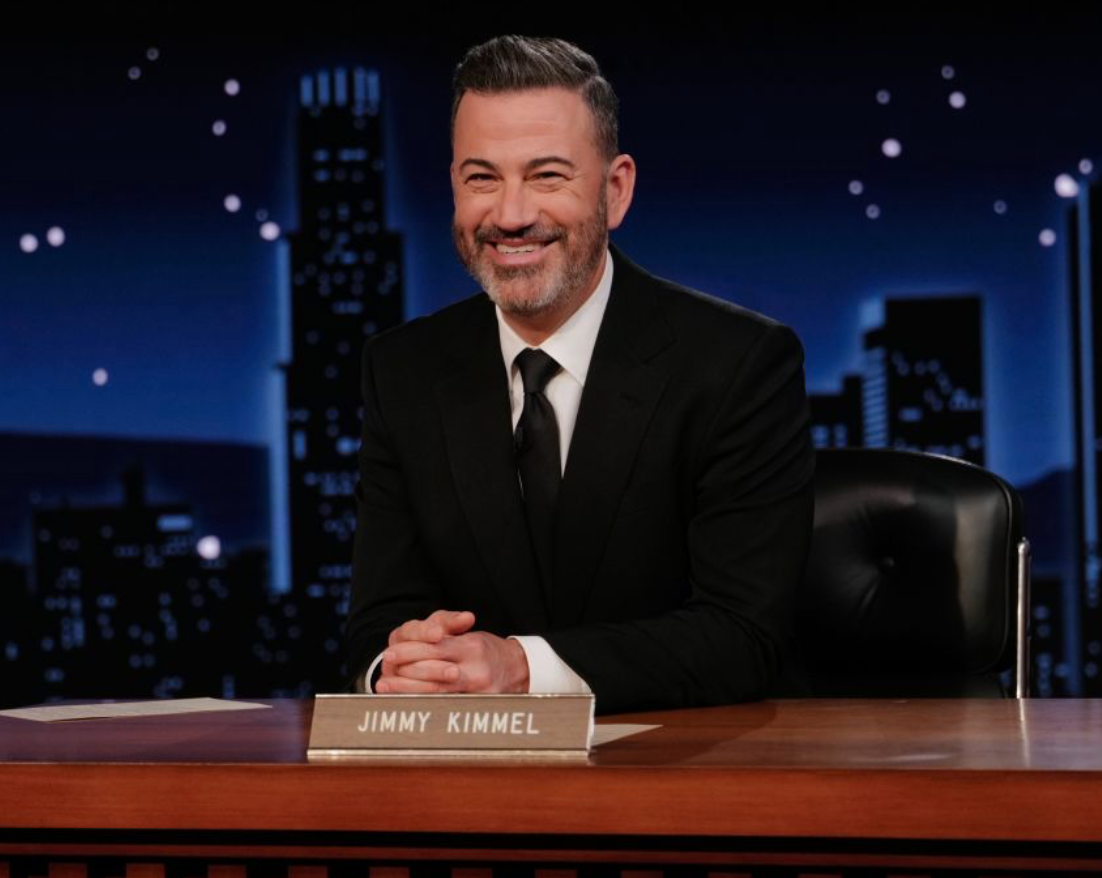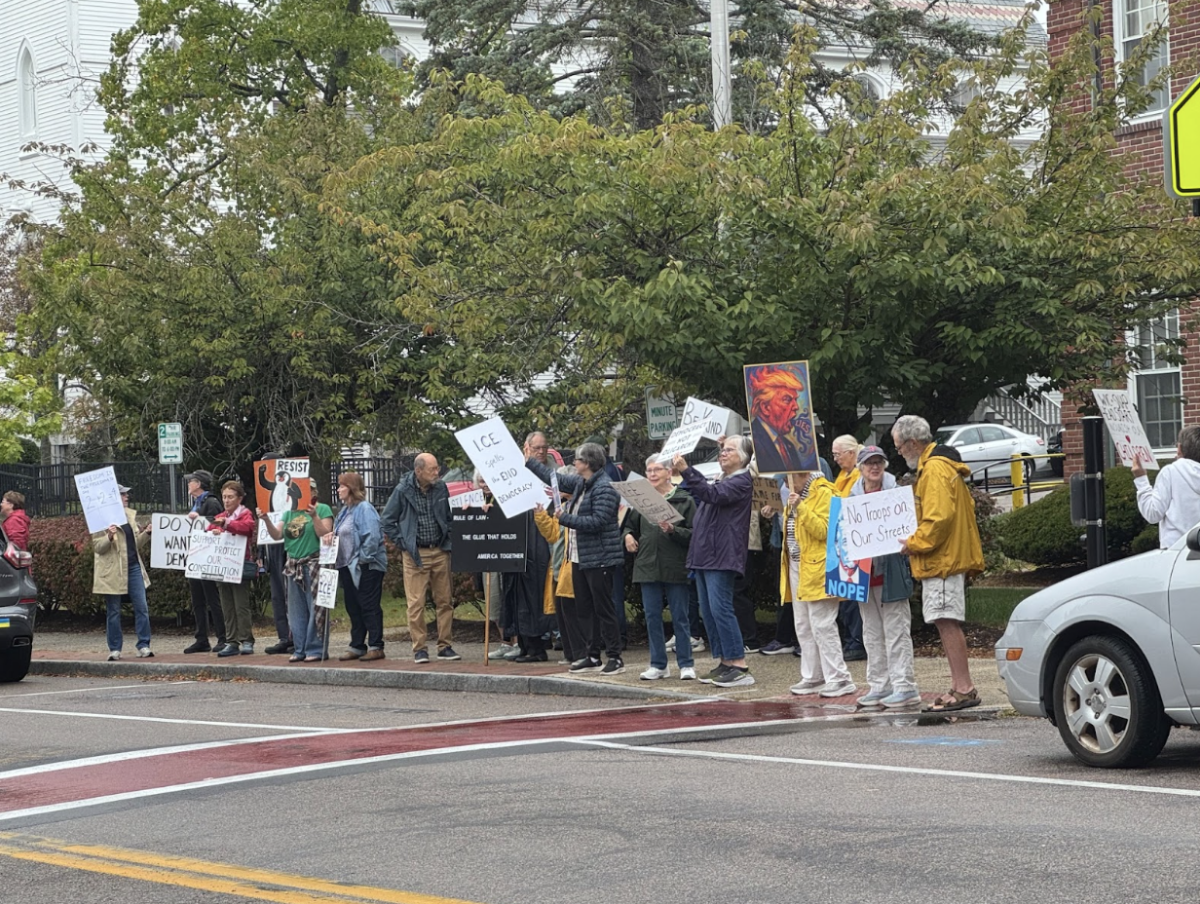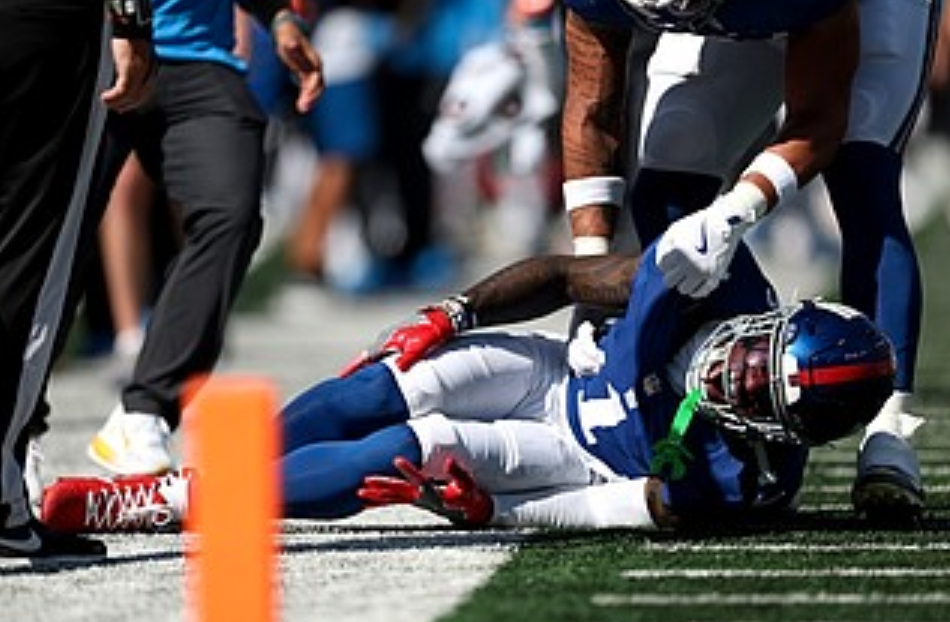Jimmy Kimmel’s late night talk show, Jimmy Kimmel Live!, was suspended earlier this month by ABC after backlash over remarks the host made about the assasination of conservative activist Charlie Kirk. This suspension has since sparked national debate and attention about free speech and media control, yet not everyone even knew this was occurring. Freshman Julia McLellan shares, “I am not a frequent viewer of the Jimmy Kimmel show and only first heard about it when it started getting new coverage.”
In one of Kimmel’s monologues he accused Kirk’s supporters for attempting to exploit the assasination politically and distance themselves from the alleged shooter. This commentary was met with extensive criticism from viewers of the show and supporters of Kirk.
Two major broadcast companies, Nexstar and Sinclair, responded by refusing to air the show on their local ABC stations. The Federal Communications Commission, also known as FCC, also showed concern by criticizing Kimmel’s remarks. After public debate ABC restored the show’s position by continuing to air it after public feedback. However, some local corporations, including Nexstar, continued their refusal to air the show. Some viewers question the influence of regulatory pressure on ABC’s decision.
This case is specifically complicated due to the intersection and influence of both politics and business in decisions to limit expression, rather than consequences being dictated by consistent standards and boundaries. This cancellation also illuminated the relationship between local and national programming and media. While the show was put back on air after the original suspension, many local programs went through with the ban despite the national restoration. In other words, even though the show was unbanned at the national level, local affiliates have the right to keep it suspended meaning access to content can vary depending on where you live. Senior Livie Correnti explains, “I’m surprised at the extent this situation got to where the show got banned and I wonder if this will become more common for other opinion based shows like Jimmy Kimmels to lose support.”
It is important to understand both sides of this debate. Kimmel’s supporters argue that the show’s free speech and right to express opinions was violated. Many supporters of Kimmel, including other comedians and entertainers, viewed this suspension as a threat of censorship of public discourse or satire.
However, critics believe he crossed a boundary of respect and sensitivity. Supporters of Kirk argue Kimmel’s commentary was disrespectful in a moment of national tension and uncertainty. No matter where one stands on this specific scenario, it is always important to understand media organizations, regulators and audiences’ role in ensuring a wide range of voices and opinions are represented. This situation frames the long debated question in the comedy and entertainment world of where the boundaries and lines are drawn between satire and disrespect.



